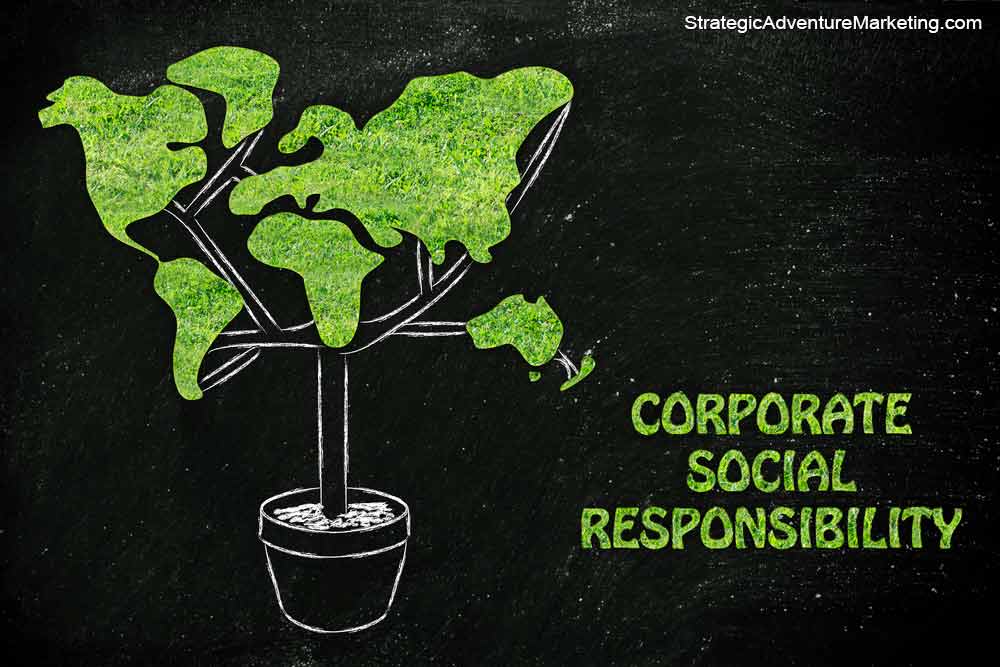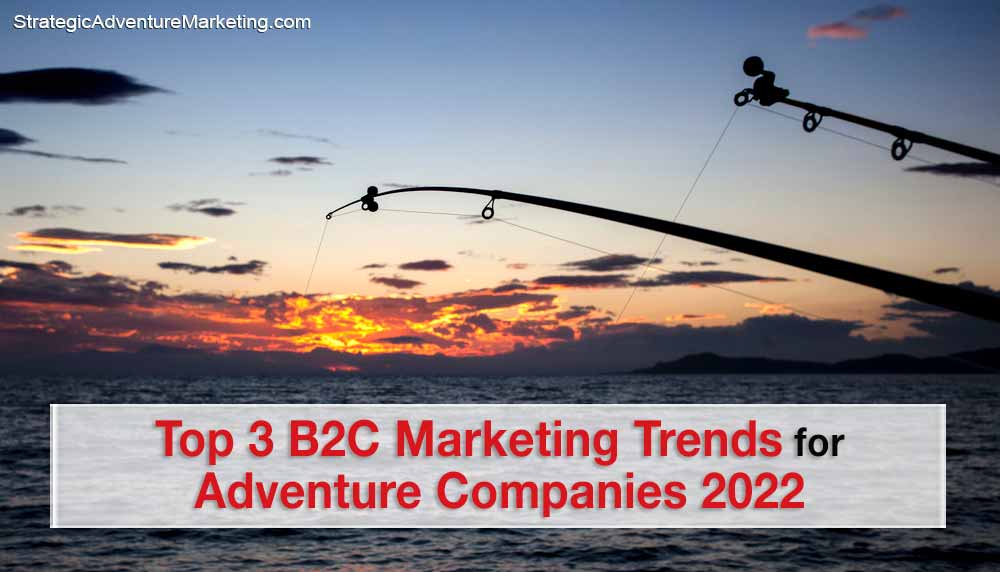Like other niches in the B2C marketing space, the adventure and travel sector is constantly evolving at an amazing rate. This is particularly the case when you consider how marketing strategies, platforms, and even features are constantly changing. While the repercussions of the COVID-19 pandemic hit this segment of B2C brands quite hard, 2022 promises to be the comeback year as travel and lockdown restrictions continue to be eased. However, it’s important to note that customer expectations have changed greatly. To be able to effectively reach out to more potential clients, it always pays to be in tune with their evolving needs and preferences. Here then are the top 3 B2C marketing trends 2022 for adventure businesses.
1. Inbound marketing strategies will remain dominant
Essentially, inbound marketing entails brands being able to reach out and meet their target audience where they are. In other words, rather than focusing your marketing campaigns on pushing messaging out to customers, inbound marketing is all about attracting them to your business. According to a very recent survey conducted by HubSpot, this form of B2C marketing is only second to short-form video as the leading trend adventure marketers will invest in, in 2022.

Indeed, more than 80% of the brands polled say they will either maintain or increase their budget for inbound marketing in the coming year. Inbound marketing goes to work by adhering to the attract, delight, and engage marketing model. This puts an emphasis on leveraging SEO, content marketing, social media, marketing automation to mention but a few. This way, you get the golden opportunity to nurture your relationship with potential clients at each level of the B2C buyer’s journey and earn their trust. So, you better believe that inbound marketing isn’t definitely going anywhere for adventure-based B2C marketing.
2. Short-form video content will extend its dominance over the B2C marketing space
The short-form video marketing space gained a lot of traction in 2020, and has continued to grow stronger and stronger as we speak. In the earlier part of 2020, the TikTok platform quickly established its dominance as the go-to destination for short-form video marketing content and this hasn’t changed. TikTok now boasts over 1 billion active users. It has also been consistently ranked as one of the most downloaded apps globally for more than 6 consecutive quarters since its launch. TikTok gets the leading levels of engagement when compared to all other social media platforms too. Lastly, the average TikTok user spends more than 52 minutes daily on it.

However, there have now emerged a number of other leading contenders that now compete for a larger slice of the short-video content cake. Some of the most notable of which include YouTube Shorts and Instagram Reels. Instagram Reels, in particular, works well for storytelling, where total interactions and engagement rates are greater than some of the most popular social media sites including Facebook. Of course, all this has proven to be very good news for B2C marketers. More so when it has been revealed that this marketing strategy delivered the 2nd greatest ROI for this segment of marketers in 2021.
As such, numerous B2C brands have now recognized the effectiveness of short-form video content and are keen to invest more in it the most upon comparison with other solutions. Also, ⅓ of those marketers who didn’t adopt this strategy in 2021, now intend to incorporate it into their overall marketing efforts. According to a survey conducted by HubSpot, social media platforms account for the biggest opportunities for both B2C and B2B marketing investments. The above-mentioned poll also indicated that an increasing number of B2C brands have set 3 major goals for their marketing efforts next year. These are boosting their brand awareness, advertising their products/services, and improving their revenue generation. This accounts for 49%, 44%, and 43% of their marketing budget respectively. Best of all, when you leverage the power of social media, you will place yourself on the high road of achieving 2 of these marketing goals in a convenient and hassle-free manner. You don’t want to miss riding on this B2C marketing wave in the coming year.
3. Corporate social responsibility will be one of the key factors in Adventure B2C marketing
Today, more and more customers value and expect companies to invest more in social causes, the environment, and the community. This isn’t an exception with adventure-seeking clients. According to the Edelman Trust Barometer 2020 survey, an increasing number of customers view trust as the biggest factor in prompting them to make any purchase decision. In the previous 2 years, characterized by the pandemic and increasing activism for social justice, customers have begun holding B2C businesses to be more active in their social responsibility.

This trend is bound to grow stronger next year and beyond. Interestingly enough, at the moment one-third of B2C brands believe corporate social responsibility to be an effective marketing strategy. However, 45% of them are making plans to increase their investment in this trend in 2022.

